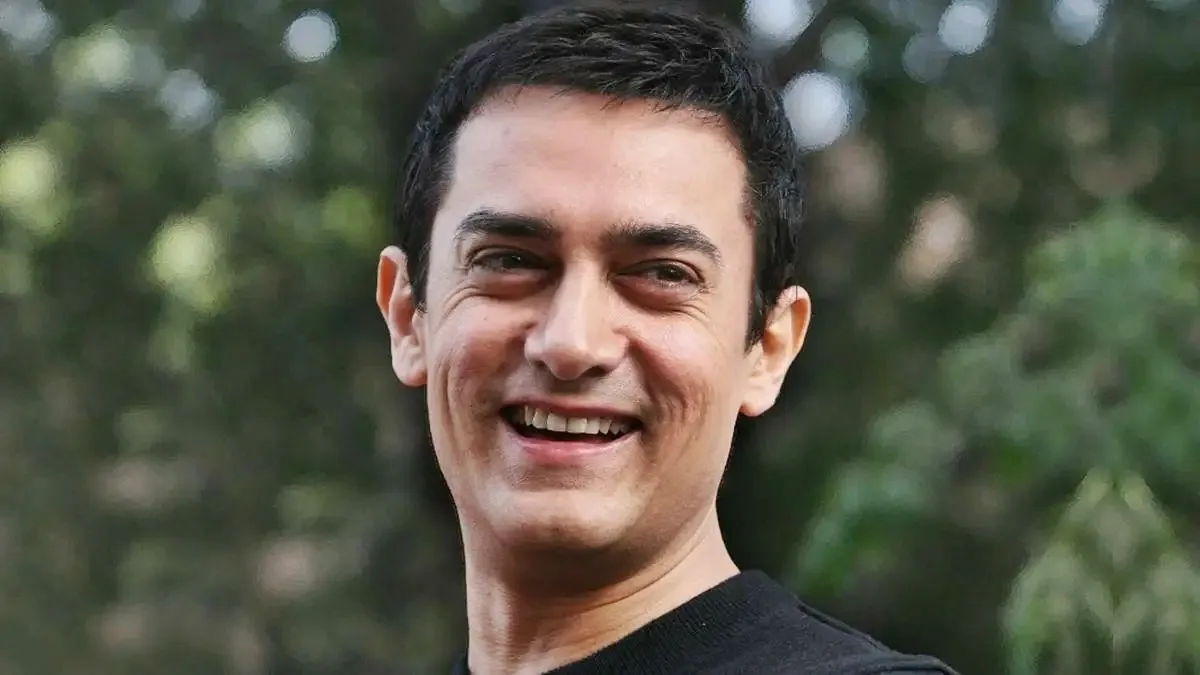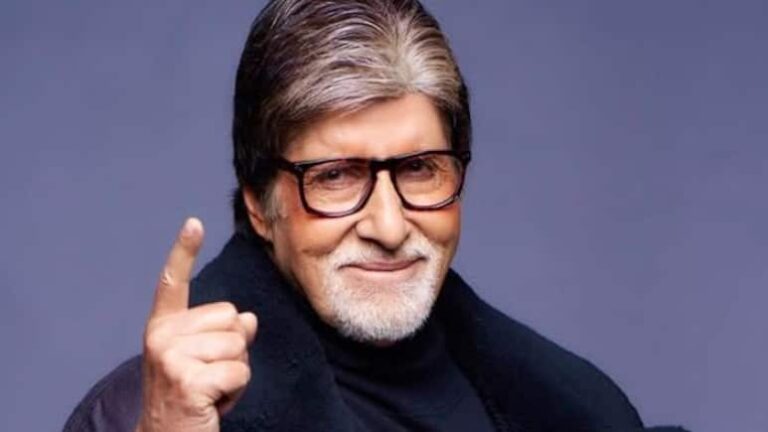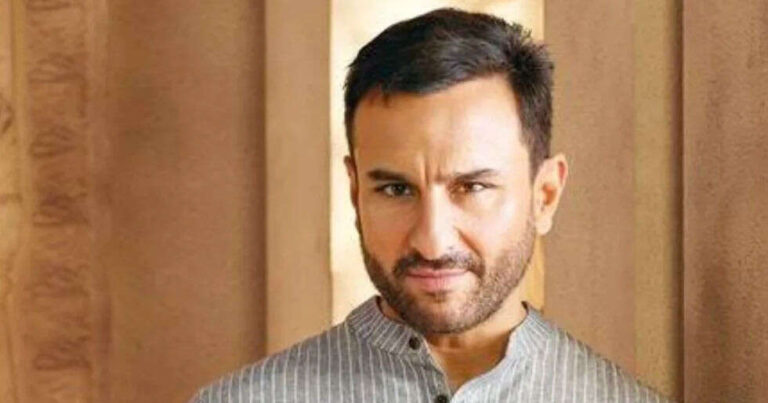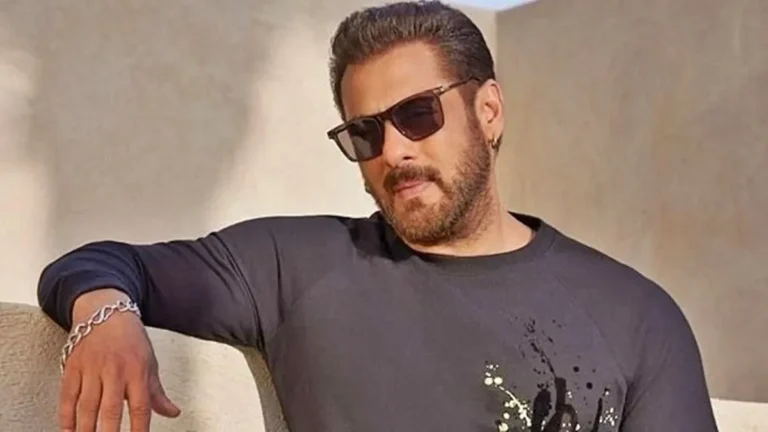Mohammed Aamir Hussain Khan, better known as Aamir Khan, was born on 14 March 1965 in Mumbai, Maharashtra, India. He comes from a family closely tied to the film industry. His father, Tahir Hussain, was a noted film producer, while his uncle, Nasir Hussain, was a legendary director and screenwriter known for blockbuster films. This environment nurtured Aamir’s early fascination with cinema, even though the family often struggled financially due to the unpredictable nature of the film business.
As a child, Aamir was introverted and shy, often keeping to himself. Despite belonging to a film family, he did not enjoy the limelight during his early years. He studied at J.B. Petit School initially, later moving to St. Anne’s High School, Bandra, and finally to Bombay Scottish School, where he completed his primary education. For higher secondary studies, he went to Narsee Monjee College, but academics never really captured his heart—his passion for cricket and cinema always took center stage.
At the age of 16, Aamir acted in a short silent film titled Paranoia, directed by his school friend Aditya Bhattacharya. This experience made him determined to pursue acting as a full-time career, despite resistance from his parents who feared the instability of the film industry.
Early Career and Debut
Aamir made his on-screen debut as a child actor in Yaadon Ki Baaraat (1973), one of his uncle Nasir Hussain’s productions. He also appeared briefly in Madhosh (1974). However, he made his proper entry into films after working as an assistant director on films like Manzil Manzil and Zabardast, directed by his uncle.
His breakthrough came with Qayamat Se Qayamat Tak (1988), directed by Mansoor Khan and co-starring Juhi Chawla. The film was a massive success, earning him the Filmfare Award for Best Male Debut. Aamir became the new romantic hero of Bollywood, with the film establishing him as a heartthrob for the younger generation.
The 1990s: Rise to Stardom
Throughout the 1990s, Aamir Khan steadily built his reputation as one of the most reliable actors in the industry. Unlike his contemporaries who signed multiple films at once, Aamir was selective, often working on only one or two projects at a time.
Key Films of the 1990s:
- Dil (1990) – His first major box office hit opposite Madhuri Dixit.
- Jo Jeeta Wohi Sikandar (1992) – A cult classic that defined teenage romance and competition.
- Hum Hain Rahi Pyar Ke (1993) – Won him the Filmfare Best Actor Award.
- Rangeela (1995) – Directed by Ram Gopal Varma, it marked Aamir’s transformation into a more stylish and versatile actor.
- Raja Hindustani (1996) – One of the decade’s biggest hits, which won him another Filmfare Best Actor Award.
- Sarfarosh (1999) – A critically acclaimed performance where he played a dedicated police officer.
This era firmly established Aamir as one of Bollywood’s top three stars, alongside Salman Khan and Shah Rukh Khan.
2000s: Reinventing Himself
The 2000s were a career-defining phase for Aamir. His approach to cinema became more experimental and meaningful, earning him the title “Mr. Perfectionist.”
- Lagaan (2001) – Produced by Aamir Khan Productions, the film became a global sensation, even earning an Oscar nomination for Best Foreign Language Film. Aamir’s portrayal of Bhuvan, a farmer leading his village against British oppression, remains iconic.
- Dil Chahta Hai (2001) – A trendsetting film that redefined youth and friendship in Bollywood.
- After a four-year break, Aamir returned with Mangal Pandey: The Rising (2005), playing India’s first freedom fighter.
- Rang De Basanti (2006) – A film that inspired real-life social movements among Indian youth.
- Fanaa (2006) – Aamir’s romantic thriller opposite Kajol.
- Taare Zameen Par (2007) – His directorial debut that shed light on dyslexia. The film became a milestone in Indian cinema, winning the National Film Award for Best Family Welfare Film.
- Ghajini (2008) – The first Bollywood film to cross ₹100 crore at the box office, setting a new commercial standard.
2010s: Global Stardom
The 2010s further elevated Aamir’s reputation as both a superstar and a socially conscious actor.
- 3 Idiots (2009) – A social satire on India’s rigid education system. It became the highest-grossing Indian film of its time.
- Dhobi Ghat (2011) – A niche film produced by Aamir’s production house.
- PK (2014) – A satirical take on religion and blind faith. The film broke all box office records at the time.
- Dangal (2016) – Perhaps his biggest global success, based on the real-life story of Mahavir Singh Phogat and his daughters, Geeta and Babita. It grossed over ₹2000 crore worldwide, becoming India’s highest-grossing film.
Aamir’s ability to balance content-driven cinema with box-office appeal made him one of the few Indian actors respected both in India and abroad.
2020s: Recent Work
- Thugs of Hindostan (2018) – A big-budget film that failed to impress audiences.
- Laal Singh Chaddha (2022) – A remake of Forrest Gump. Despite mixed reviews and average box office performance, Aamir’s role was praised for its sincerity.
Currently, Aamir has taken a break from acting but continues to produce films and explore new creative avenues.
Television and Social Activism
In 2012, Aamir hosted Satyamev Jayate, a television talk show that highlighted pressing social issues like female foeticide, dowry, alcoholism, and corruption. The show gained massive popularity and cemented his role as a social influencer beyond films.
Aamir has also been actively involved in humanitarian causes, including education, child welfare, and disaster relief initiatives.
Awards and Achievements
- 9 Filmfare Awards
- 4 National Film Awards
- Padma Shri (2003) and Padma Bhushan (2010)
- Global recognition at international film festivals and award shows
- Known as the actor who popularized the ₹100 crore, ₹200 crore, and ₹300 crore clubs in Bollywood
Personal Life
Aamir Khan has always kept his personal life relatively private. He married Reena Dutta in 1986, with whom he has two children, Junaid and Ira. They divorced in 2002. He later married Kiran Rao in 2005, and they have a son, Azad Rao Khan, born via surrogacy. In 2021, Aamir and Kiran announced their separation but continue to co-parent and collaborate professionally.
Aamir is known for his fitness dedication, perfectionist attitude, and simple lifestyle, often avoiding the glitz of Bollywood parties.
Controversies
Like many public figures, Aamir has faced controversies:
- His comments on intolerance in India sparked national debate.
- He has often been criticized for being selective about scripts and refusing award shows.
- His personal relationships and divorces have also been subjects of media attention.
Despite this, Aamir’s professional credibility has rarely been questioned.
Legacy and Impact
Aamir Khan is widely regarded as one of the greatest actors in Indian cinema history. His unique ability to balance meaningful storytelling with box-office success has set him apart. He has influenced generations of actors and filmmakers, proving that quality and commercial success can coexist.
From Qayamat Se Qayamat Tak to Dangal, his journey reflects passion, dedication, and reinvention. For millions of fans, Aamir Khan remains not just a star, but a symbol of artistic integrity and social responsibility.








